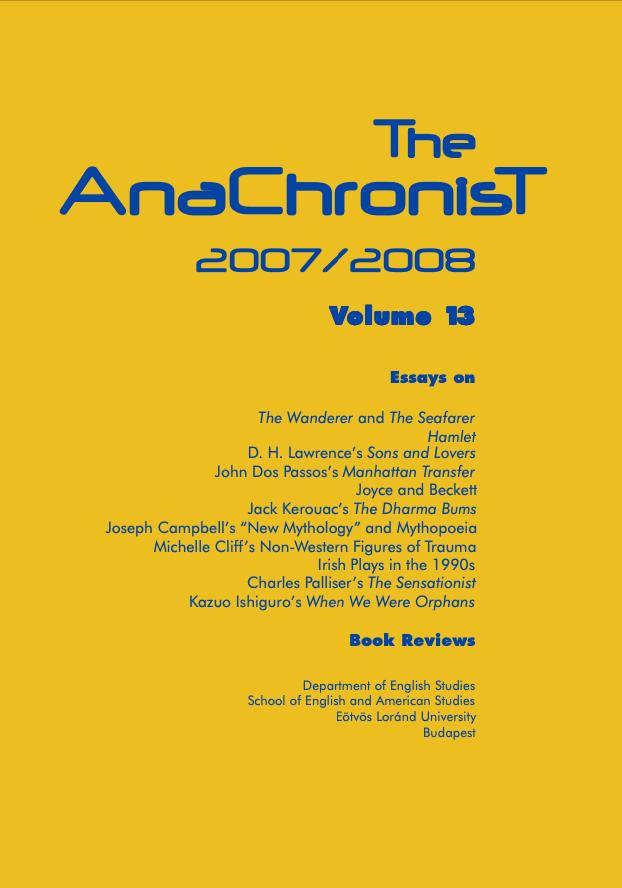Kazuo Ishiguro and Orphanhood
DOI:
https://doi.org/10.53720/RSVB3003Abstract
In When We Were Orphans, detective Christopher Banks discovers that the problem of recovering the truth about his past is in fact a problem of memory and that the problem of memory involves a reiterative confrontation with a trauma - the disappearance of his parents - that has structured his adult life. Banks's problem of recovering his family's past is, moreover, simultaneously a problem of recovering a national past, for he believes that his parents' disappearance is somehow related to his not being properly English, or "not English enough." Banks therefore believes that if he can ascertain the elusive truth regarding the mysterious disappearance of his parents when he was a child, he will simultaneously restore English authority to pre-World War II Shanghai. Because Banks views nationality as both the cause of and the solution to an Oedipal trauma, the ideal of attaining a true or genuine national identity becomes, within the novel, identical to the wish to "restore" oneself to an idyllic state of childhood contentment, an imaginary state of pre-Oedipal, prelapsarian plenitude. Banks's development as a character, however, also suggests the possibility of moving beyond a state of eternal return to a traumatic past, beyond a fixation on an Oedipal fantasy. Banks's eventual acceptance of his orphaned state signals the possibility of an escape from the symbolic parent/nation authority and the possibility of a far more fluid and syncretic understanding of the self as the basis of future relationships. Orphanhood becomes a trope for a post-national identity.

